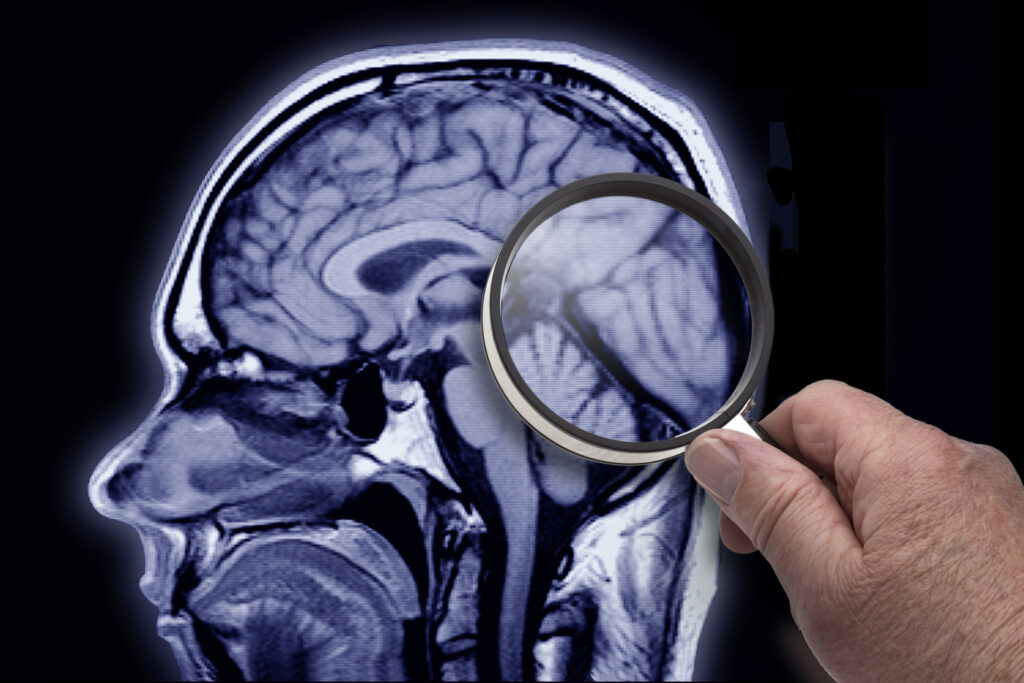A cognition test that patients can perform themselves on an Android tablet could help determine who should undergo further tests for Alzheimer’s disease, research suggests.
The BioCog test could one day be used in primary care as a first stage for investigating this form of dementia.
The digital test, outlined in Nature Medicine, primarily examines memory but also assesses attention to examine whether cognitive abilities are affected.
Those people that show impairment would then have additional investigations for blood biomarkers to determine whether Alzheimer’s pathology is the underlying cause.
“The vast majority of people who experience memory loss will first seek treatment at their health center. Our new digital test provides a first objective picture—at an earlier stage and with greater precision—of which patients have cognitive impairment indicative of Alzheimer’s disease,” explained Pontus Tideman, a PhD student at Lund University in Sweden.
“This indicates who should proceed with the blood test that measures the level of phosphorylated tau and is able to detect Alzheimer’s pathology in the brain with high accuracy.”
Early, accurate diagnosis for Alzheimer’s disease is becoming increasingly important.
However, not everyone who seeks medical care for cognitive impairment will have the disease, and symptoms could also stem from depression, fatigue, or other dementias.
Blood tests based on tau phosphorylated at threonine 217 have been found to accurately detect Alzheimer’s pathology and have the potential to revolutionize the diagnostic work-up of patients with cognitive symptoms.
But blood tests are most accurate for those people with cognitive impairment, and there is a higher risk of a false-positive result for someone with subjective cognitive decline, with all the implications of being falsely informed of having Alzheimer’s disease.
Furthermore, only individuals with Alzheimer’s who have cognitive impairment—not subjective cognitive decline—are eligible for treatment with the newly implemented Aβ-targeting immunotherapies, and biomarker testing is currently only recommended in clinical practice for patients with cognitive impairment.
Noting the time, resource and expertise challenges with in-clinic cognitive tests, the researchers developed the digital, self-administered, BioCog cognitive test battery that was designed to run on an Android tablet.
The study included two groups of patients, with 223 who had cognitive symptoms from a secondary care cohort and 403 from a primary care cohort.
In primary care, BioCog had an accuracy of 85% when using a single cut-off to define cognitive impairment, which was significantly better than the 73% accuracy of primary care physicians. Accuracy increased to 90% when using an upper and lower cut off.
The digital test was also significantly more accurate than standard paper-and-pencil tests, including the Mini-Mental State Examination, Montreal Cognitive Assessment and Mini-Cog, as well as another digital cognitive test.
“The unique aspect of our BioCog test is that unlike other digital tests, it has been evaluated in a primary care population, i.e., patients seeking treatment at a health center because they are experiencing cognitive problems, such as memory problems,” said researcher Linda Karlsson, a PhD student also at Lund.
“Combining the results of the digital test and the blood test increases the accuracy of diagnosing Alzheimer’s disease.”

